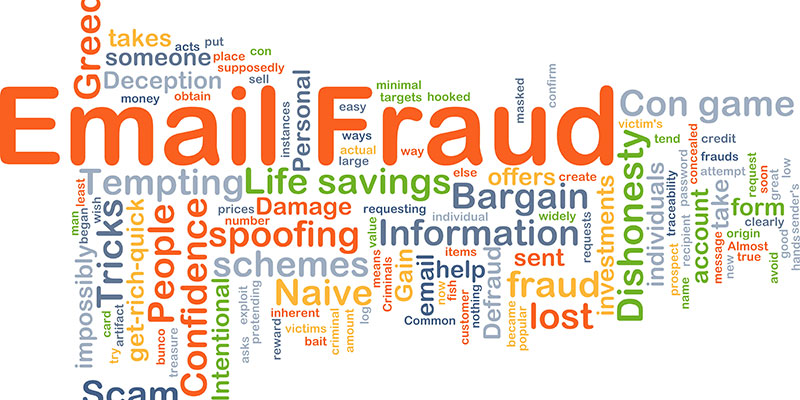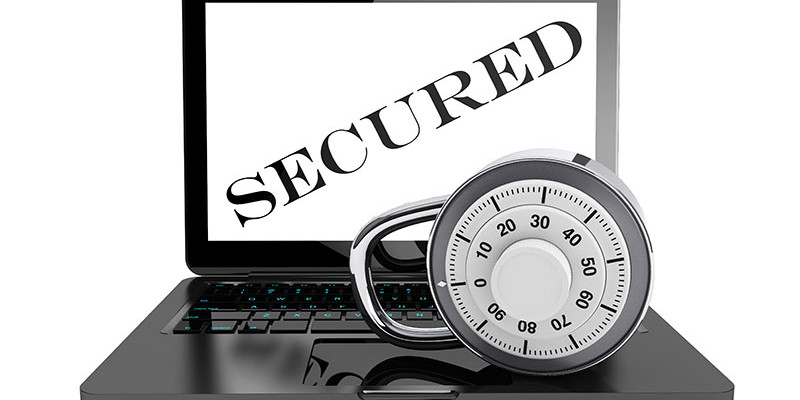For years now, the IRS has taken an active role in warning taxpayers, and the tax industry in general, of tax-related scams, but they seem to be as prevalent as ever. Once a year, right around tax season, the IRS increases the number and intensity of its warnings to try to match the number and intensity of scams. Criminals have found that tax season (January thru April) is the best time to practice their craft. But we have seen the Christmas season begin earlier and earlier each year in the world of retail sales — before Thanksgiving in most places, and the tax fraud people seem to be following suit. They don’t wait for tax season anymore, which often puts the beginning of “tax fraud season” smack dab in the middle of the holidays. Their schemes are almost always based on some type of IRS impersonation, sometimes targeting particular groups in an attempt to exploit their vulnerabilities. The IRS recently provided a list of several variations, including the following:
- Direct calls requesting immediate payment: This is perhaps the boldest and most common technique. Taxpayer will receive an automated message or a threatening cold call demanding payment over the phone. Often the caller will threaten prosecution or jail time based on some false claim of tax evasion.
- The Federal Student Tax scam: This scam is carried out in manner similar to the direct call, but targeted at students and parents of students. As you might know, there is no such thing as a federal student tax.
- Fake tax bill for Affordable Care Act liability: It is true that a taxpayer could owe penalties (aka, “shared responsibility payments”) and advanced premium tax credit overpayments under the Affordable Care Act. It is also true that the IRS is charged with the responsibility of collecting such payments. However, you must be careful that the letter or email is legitimate. An email claiming to be from the IRS is most likely a fake. And the IRS says that taxpayers should be skeptical of “CP2000” letters requesting that payment be send to the “Austin Processing Center.”
- Emails from the boss: Sometimes tax scammers have been known to contact human resources and others within a company asking for confidential employee records, including social security numbers.
- Gaining access through the tax preparation industry: Tax preparers should be aware of a scheme whereby the criminals contact them with fake software updates via an email that appears to be from a tax software firm. Somebody in the tax industry might be savvy enough to recognize this kind of thing as a fake, but since many taxpayers use tax filing software themselves, sometimes these emails go straight to the consumer who could more easily fall victim to this scheme.
It may be that the holidays are the perfect time for a variety of criminal schemes. I was recently made aware of a scheme targeting attorneys. An email with the subject line “The Office of The State Attorney Complaint,” if opened, could expose an unwary lawyer to a computer virus. If this sounds like an agency with a clumsy name, it’s because no such agency exists. Stay vigilant my friends; apparently there are a lot of Scrooges out there this time of year.
Contact us today for more information or a free consultation!




